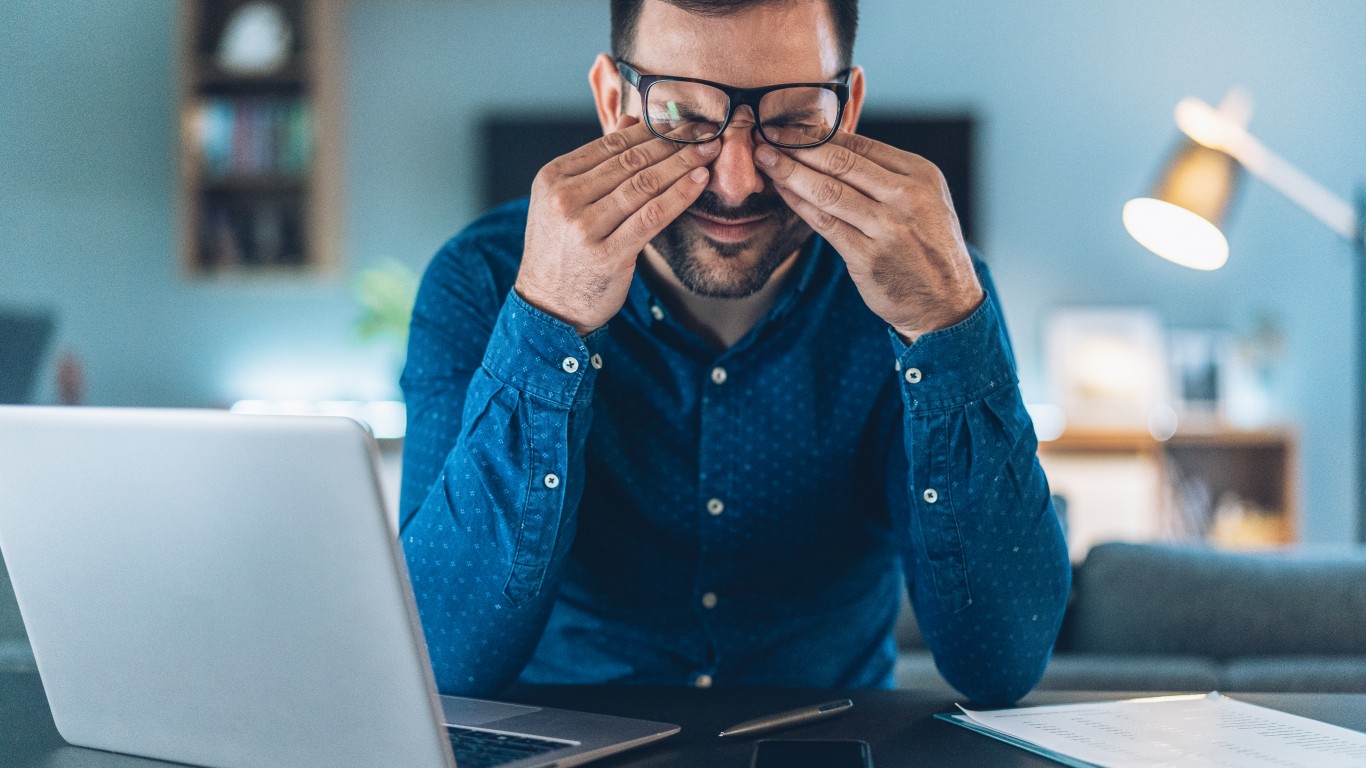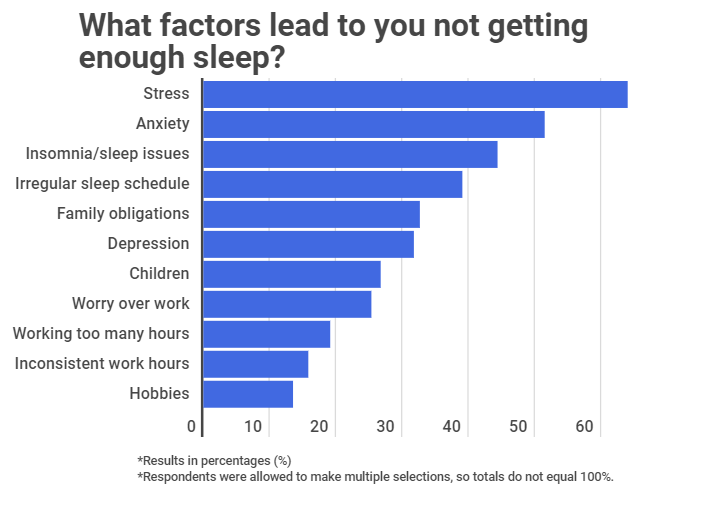
In theory, the fact that millions of people can work from home due to the COVID-19 pandemic should make them more rested. Their commute times, at least, can be cut by an hour, or more, in many cases. Supposedly, they have more time for leisure and more time for sleep.
These impressions about working from home and workload may not be true. The Society for Human Resource Management did a study titled “Remote Employees Are Working Longer Than Before.” These people work longer hours on weekdays and often toil on weekends. Surprisingly, 70% of people who used to work at offices and now work at home do some work on weekends. Paul McDonald, senior executive director at Robert Half, was interviewed for the study. He said, “Many people feel pressure to keep up with rising workloads and are putting in long hours to support the business and customer needs.”
A Zippia study titled “The Majority of Workers are Exhausted, Here’s Why” took into account people who do commute. That means people in the survey may be traveling long distances that add to their working lives. The survey was of 1,500 people nationwide, done in September.
Among the conclusions of this study were that only 14% got eight hours or more of sleep in a day, and three-quarters of people said they were tired at work. About 50% said, “their tiredness hurts productivity.”
The research also showed how workers cope with tiredness. “Caffeine consumption” was at the top of the list by far. It was followed by listening to music and snacking.
The question meant to get at how tired people are was “What Factor Causes You Not to Get Enough Sleep?”
The top answer to this, at over 60%, was stress. It was followed by anxiety at over 50%. These were followed by insomnia and an irregular sleep schedule.
These are the 11 reasons people don’t get enough sleep:

Click here to read about the most sleep-deprived city in each state.
Take This Retirement Quiz To Get Matched With An Advisor Now (Sponsored)
Are you ready for retirement? Planning for retirement can be overwhelming, that’s why it could be a good idea to speak to a fiduciary financial advisor about your goals today.
Start by taking this retirement quiz right here from SmartAsset that will match you with up to 3 financial advisors that serve your area and beyond in 5 minutes. Smart Asset is now matching over 50,000 people a month.
Click here now to get started.
Thank you for reading! Have some feedback for us?
Contact the 24/7 Wall St. editorial team.



